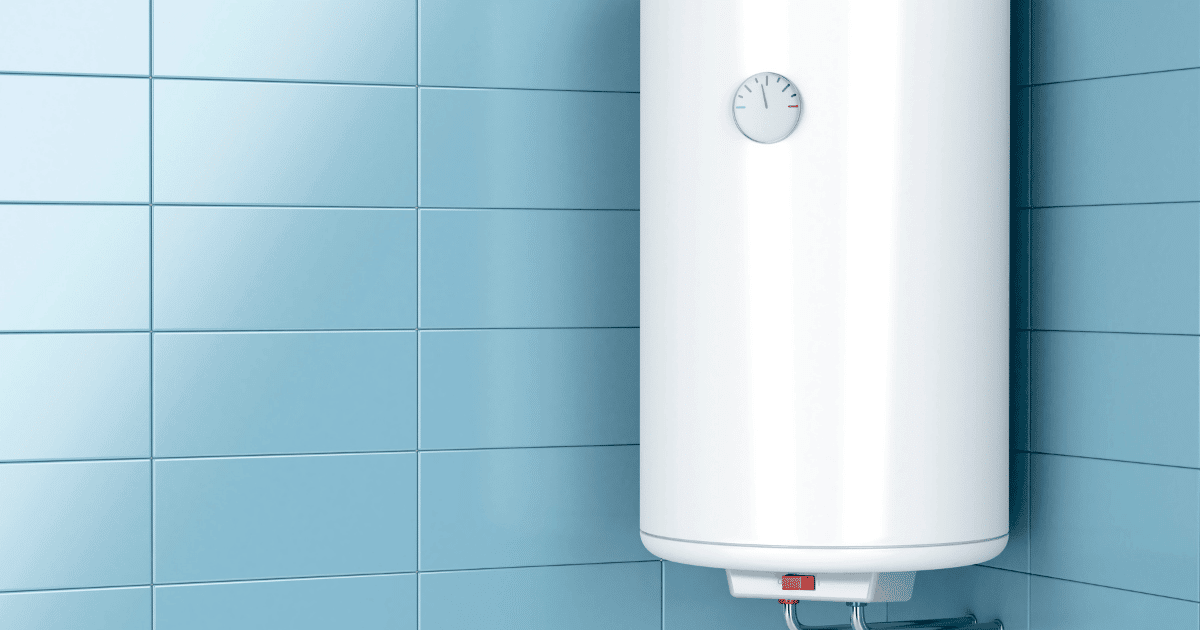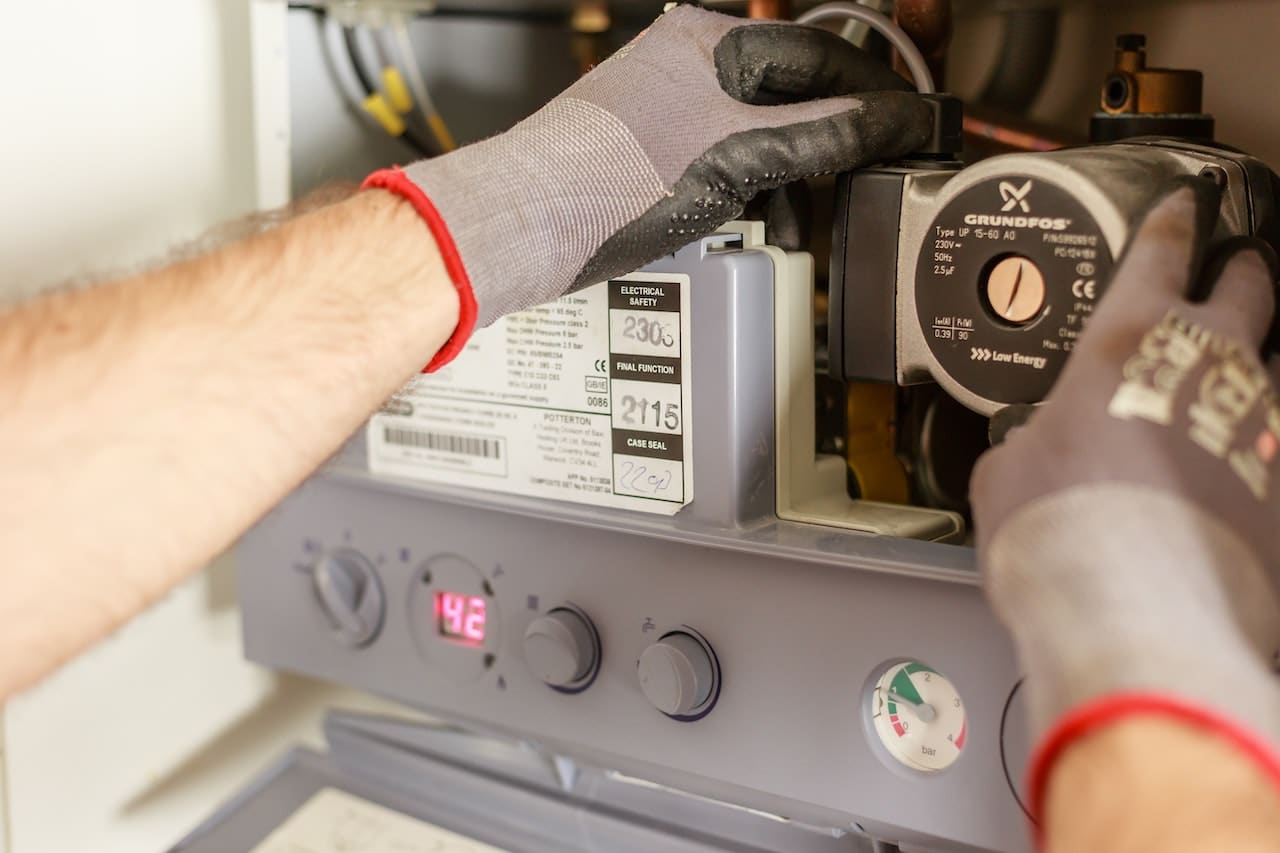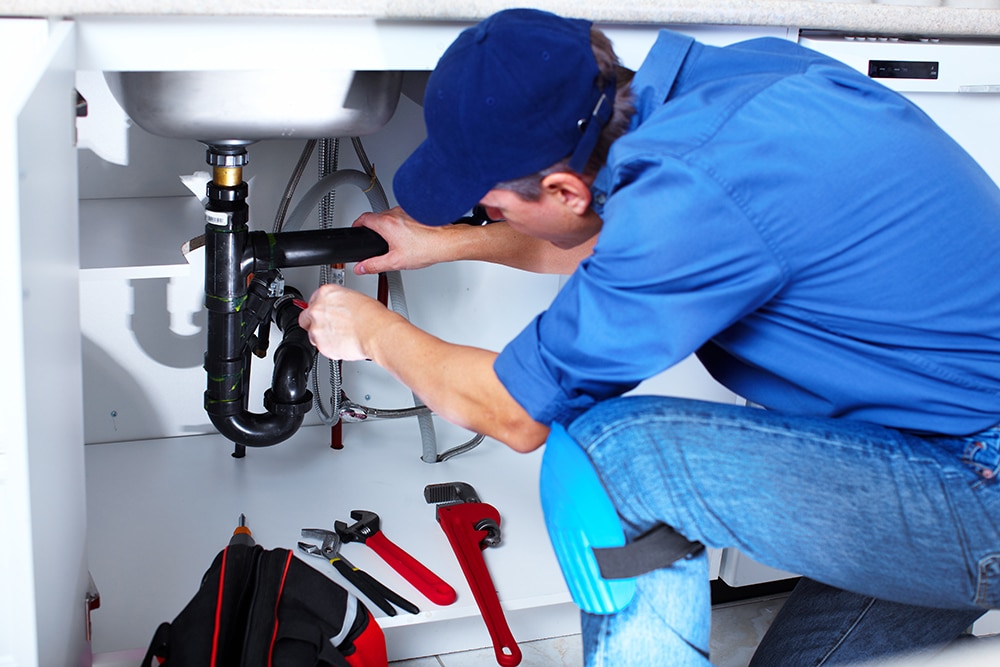If you’re experiencing any of the symptoms above, then it may be time to have your gas water heater checked. These issues include low water pressure, smells like rotten eggs, and problems with the pilot light. Learn more about these problems and how to fix them. In the meantime, if you’re not sure what the signs are, read on for some tips. The following are some of the most common.
Problems with the pilot light
There are many reasons that a pilot light may not be functioning. It may be clogged with soot or carbon deposits. You can clean the tip of the electrode with a dry cloth or sandpaper. If the problem persists, you should call a plumber or utility company. A damaged pilot light orifice may prevent the release of gas, so you should change it. Here are a few ways to fix a malfunctioning gas valve.
The first step to fixing problems with the pilot light is to inspect the gas supply. Your gas water heater uses a flexible metal hose to connect to the gas supply. The hose can become kinked or bent. If the hose is kinked, unkinking it may fix the problem. Another cause of a nonfunctioning pilot light is a dirty pilot tube. Dirty pilot tubes prevent the pilot light from staying lit or igniting. Clean the pilot tube to make it work again.
Problems with the limit/reset switch on the thermostat
If the water heater’s high-limit switch trips, the problem may be with the heating element or the thermostat. In these cases, you can use the reset button to stop the power from flowing through the water heater. This will prevent the water from overheating. Troubleshooting a high-limit switch is easy, and it will save you from costly repairs. Listed below are a few common problems associated with this part of the thermostat.
Faulty limit/reset switch. This part of the thermostat can trip due to malfunction or short circuit. It can also cause the water heater to continue heating even after reaching its maximum temperature. When the high-limit switch trips, a malfunction has occurred. In these cases, you can replace the heating elements and thermostats or repair it yourself. Make sure you read the manual thoroughly. If the problem persists, contact a HVAC repair technician or a repair shop.
Low water pressure
The first thing to do if you notice that your water pressure is low is to check your pipes. If they are damaged, you may need to have them replaced. Another way to check your water pressure is to shut off all the faucets and read your meter. If the usage goes up, there is a leak somewhere. This can be difficult to detect, but if you do notice that your water pressure is low, you need to take the water heater to the plumber.
You should contact a plumber immediately if you notice low water pressure all over your home. If you notice that this problem is affecting several bathrooms or even the kitchen, you may have a water line leak. To find the source of the leak, you can look under your sink or in the basement or garage. If the leak is located on a pipe, it can be corroded and block the water pipe.
Smells like rotten eggs
The odor associated with a gas water heater is caused by hydrogen sulfide, a chemical that damages pipes and corrodes metal. If you notice that your water smells like rotten eggs, there may be a number of reasons for this. First, it could be a sign of sewage contamination. Other potential causes of rotten egg odor include pollutants and other issues with the water supply.
Another reason why your water smells like rotten eggs is because of your water softener. This chemical is a natural element found in our water supply. While moderate concentrations of hydrogen sulfide are not harmful to your health, a high concentration can lead to unpleasant odors. Sulfate levels are typically higher in water supplies that have not been treated.
Leaks
If you notice a pool of water in the vicinity of your gas water heater, it may be time to call a plumber. It may be something as simple as sediment buildup or rust. Either way, a leak could result in costly repairs and a puddle on your floor. The best way to spot a leak is to check the tank for sediment. You can do this easily by turning off the gas supply from the side of the water heater. Looking for plumbers? here is your best choice Top Quality Water Heater Repair Services in San Fernando Valley
If the water is leaking from the drain valve, it may be due to a leak in the internal tank. The drain valve is a common source of a water heater leak and many manufacturers install inferior drain valves that can cause a leak. A water heater has a steel internal tank that is surrounded by an outer, visible skin. Check for a rusty drain valve and replace it if needed.



